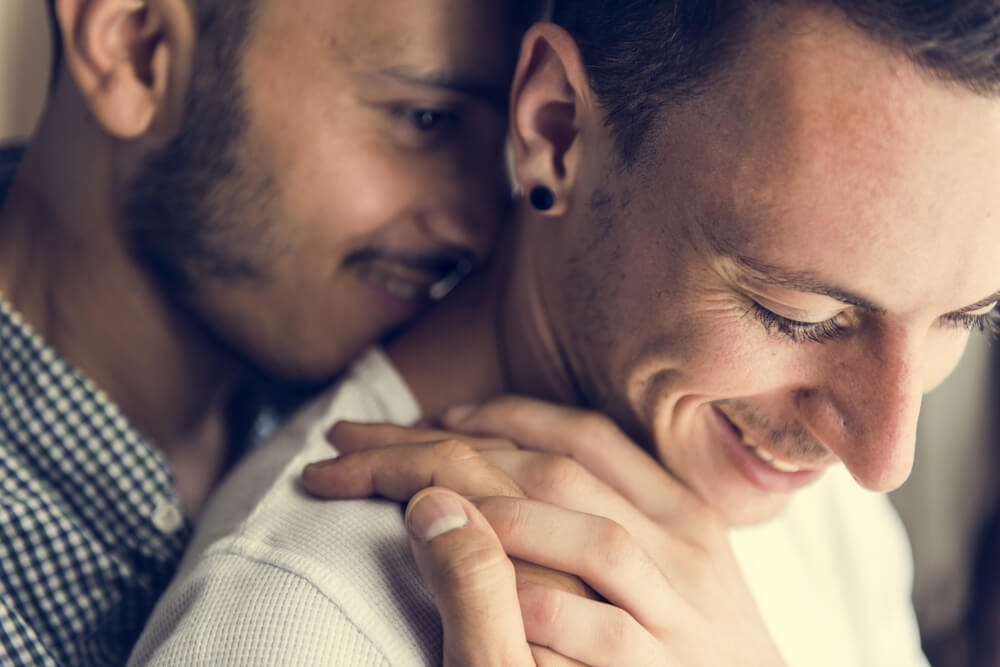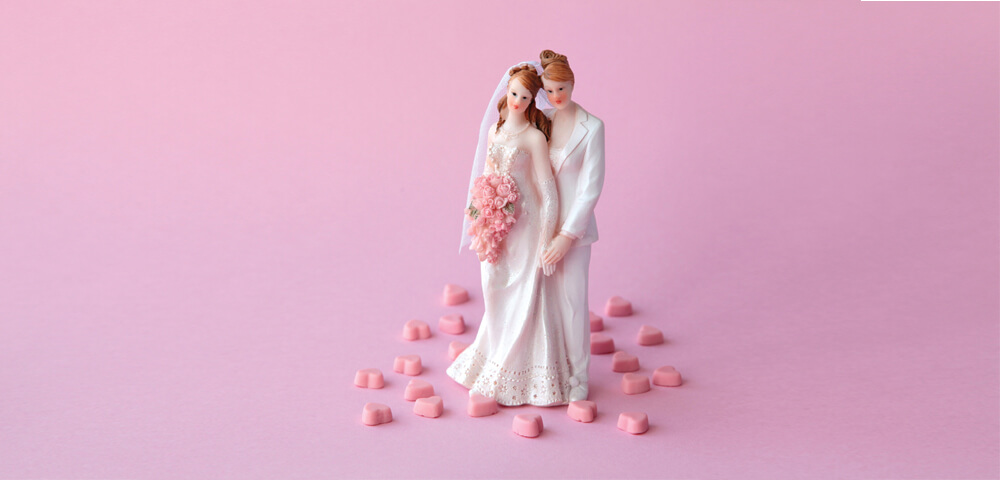The Many Meanings of the Words "I Love You" In a Relationship

The words “‘I love you” have been used at the start and even the finish of some great romances. In fact, these words can have a completely different meaning, dependent upon when in a relationship they’re said. For example, it’s not the same to say it for the first time as when you’ve been with your partner for a year.
Why are there so many meanings to the words “I love you”?
Two people in a relationship grow together in parallel. Within this personal growth, each one finds new situations that have an impact on their own life and at the level of the couple as well. As a consequence, the meaning of “I love you” evolves, depending on how the relationship develops and on the couple themselves.
However, there’s one thing that remains unchanged when you say these words. It’s the fact that the person you say them to is important to you. It doesn’t matter what the situation is and whether it’s accompanied by tears, laughter, or hugs. Indeed, the importance and magic of love must be maintained, throughout any relationship.

What do the words “I love you” mean at each stage of a relationship?
Let’s take a look at how each stage of your relationship, as a couple unfolds. You’ll probably recognize them as they tend to be repeated in all relationships.
Two months: you like how everything’s turning out
In a long-term and stable relationship, two months is a short time and it goes by really quickly. In fact, it’s at the beginning of a relationship when you feel as if you’re most in love, and like you’ve discovered that one special person. Indeed, when you say “I love you” at this stage, you think what you’ve got will last forever. However, if you’re realistic, you’ll know that nothing lasts forever.
At this first stage, many people confuse like with love. This is usually due to immaturity or not having had many previous relationships. As a matter of fact, at this stage, it would be more appropriate to say “I like you”.
You should always reflect and look inside yourself before saying those three all-important words. In this way, you’ll avoid emotional misunderstandings and not hurt the person you might be beginning to love.
Five months: you’re important to me
Research claims that five months marks the end of the initial infatuation stage. Saying “I love you” right now probably means “you’re important in my life”.
At this stage, you still feel a certain uncertainty and many doubts or fears. For example, you might ask yourself if they’ll end up breaking your heart or whether they feel the same way as you do. Saying “I love you” at this stage might still give you butterflies in your tummy. However, it doesn’t yet truly come from your heart.
Six months: you’re perfect together

Right now you both can’t stop thinking about each other. You love everything they do for you. For example, expressing their love, posting photos, sending loving emails and messages. An “I love you” now means much more than it did two months ago. In fact, now, these words carry the message that you love how they make you feel and how great you feel being a part of their life.
Seven months: what’s yours is theirs
As more time passes, your mutual feelings grow. Saying “I love you” at this stage really means what‘s mine is yours and what’s yours is mine.
From now on, saying those three little words signifies something shared, like everything else in your relationship
Ten months: you’re my best friend
By now, it feels completely normal to be with your partner. In fact, when you’re apart it hurts and feels strange. At this point, saying “I love you” has more serious connotations. It doesn’t matter if it’s said in a jokey manner or on an SMS, it means just as much.
If you were asked at this point, you’d probably say that your partner’s an incredible person. You’d also say that they’re your best friend.
This type of “I love you” goes far beyond what they’re offering you or what you want to offer them. In fact, this is when the words begin to enter your inner language and your heart.
One year: you’re my world
If what you have in your relationship is pure and unconditional love, you’ll say that you couldn’t imagine life without them. At this moment, saying “I love you” is more permanent since you no longer question who feels more love out of the two of you. Neither do you stress anymore about whether they feel the same as you or not.
You feel safe and comfortable. You feel relaxed, open, and complete when you’re with them.

Two years: Thinking about the future
Saying “I love you” at this stage means “I love what you are and what you’re going to become, and I just want to be with you”. Obviously, this implies a sense of trust. In other words, you feel that as long as you’re together, nothing will ever be too scary or impossible.
Three years: living together, maybe thinking about marriage
Saying “I love you” at this stage means that you want to make your relationship permanent. You want to share everything with them. You want a life together that’s full of love, trust, wisdom, and, most importantly, mutual learning.
Interestingly, right now, those three little words may no longer be enough. Because what you want to really say is “you’re all I’ll ever want”. Indeed, that’s what your heart and soul desires.
Four years: marriage or a formal engagement
One of the most wonderful experiences that can happen to a human being is to love and for it to be reciprocated. Because love is everything. In fact, feeling the true love of another person can’t be equaled.
At this point, you need to look no further. You’ve found your emotional ‘nirvana’. Many people will tell you how lucky you are, and many others will envy you for it. Quite rightly so. Because many people never, in all their lives, manage to achieve the wonderful feelings you’re now experiencing.

This text is provided for informational purposes only and does not replace consultation with a professional. If in doubt, consult your specialist.








